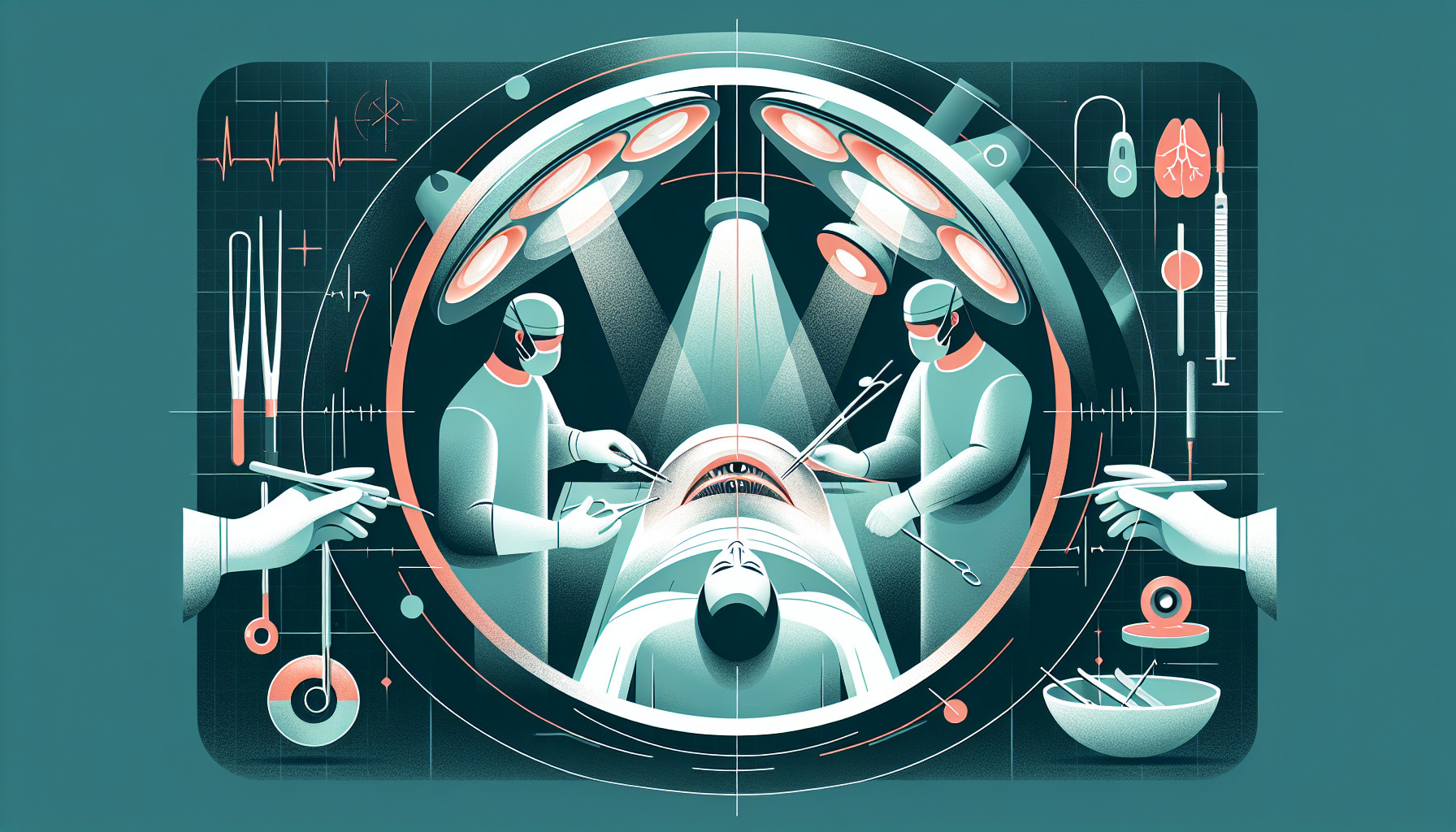Our Summary
This research paper is a review of a large number of studies on the topic of cataract surgery and dry eye disease. The researchers searched extensively through a variety of databases to find relevant papers. The results showed that dry eye disease is a common issue that can be worsened by cataract surgery. Therefore, eye doctors should check for dry eye disease before performing cataract surgery, and take steps to limit damage to the eye during surgery. They should also consider treatments to reduce dry eye disease after surgery.
FAQs
- Does cataract surgery worsen dry eye disease?
- What steps can be taken to limit eye damage during cataract surgery?
- Should eye doctors check for dry eye disease before performing cataract surgery?
Doctor’s Tip
One helpful tip a doctor might tell a patient about cataract surgery is to make sure to follow all pre-operative instructions provided by the eye surgeon. This may include stopping certain medications, fasting before surgery, and avoiding wearing contact lenses. Following these instructions can help ensure the surgery goes smoothly and reduces the risk of complications.
Suitable For
Patients who are typically recommended for cataract surgery include those with significant visual impairment due to cataracts, difficulty performing daily activities, and decreased quality of life. Other factors that may indicate the need for cataract surgery include:
- Cataracts that are affecting the patient’s ability to drive safely
- Cataracts that are causing glare and halos around lights
- Cataracts that are causing difficulty reading or seeing objects at a distance
- Cataracts that are impacting the patient’s ability to work or perform other activities
Ultimately, the decision to undergo cataract surgery should be made in consultation with an eye doctor, who can assess the patient’s individual situation and recommend the best course of action.
Timeline
- Before cataract surgery:
- Patient experiences blurred vision, difficulty seeing at night, glare or halos around lights, and colors appearing faded.
- Patient undergoes a comprehensive eye exam to determine the severity of cataracts and suitability for surgery.
- Patient discusses options with their eye doctor and decides to proceed with cataract surgery.
- Patient may undergo pre-operative testing and measurements to determine the appropriate intraocular lens (IOL) for their vision needs.
- After cataract surgery:
- Patient undergoes a brief recovery period in the surgical center or hospital before being discharged.
- Patient may experience mild discomfort, irritation, or sensitivity to light in the days following surgery.
- Patient is prescribed eye drops to prevent infection and aid in healing.
- Patient attends follow-up appointments with their eye doctor to monitor healing progress and vision improvement.
- Patient may need to wear a protective eye shield at night and avoid strenuous activities for a period of time.
- Patient gradually experiences improved vision as the eye heals and adjusts to the new IOL.
- Patient may be advised to continue using lubricating eye drops to prevent dry eye symptoms that can occur after surgery.
What to Ask Your Doctor
- What is the success rate of cataract surgery in patients with dry eye disease?
- How will my dry eye disease be managed before, during, and after cataract surgery?
- What are the potential risks and complications of cataract surgery for someone with dry eye disease?
- Will my existing dry eye symptoms worsen after cataract surgery?
- What steps will be taken during surgery to minimize the impact on my dry eye disease?
- Will I need additional treatments for dry eye disease following cataract surgery?
- How long is the recovery process for someone with dry eye disease undergoing cataract surgery?
- Are there any specific post-operative care instructions I should follow to prevent exacerbation of my dry eye symptoms?
- How soon can I expect to see improvements in my vision after cataract surgery, considering my dry eye condition?
- Are there any alternative treatment options for cataracts that may be more suitable for someone with dry eye disease?
Reference
Authors: Naderi K, Gormley J, O’Brart D. Journal: Eur J Ophthalmol. 2020 Sep;30(5):840-855. doi: 10.1177/1120672120929958. Epub 2020 Jun 9. PMID: 32515220
